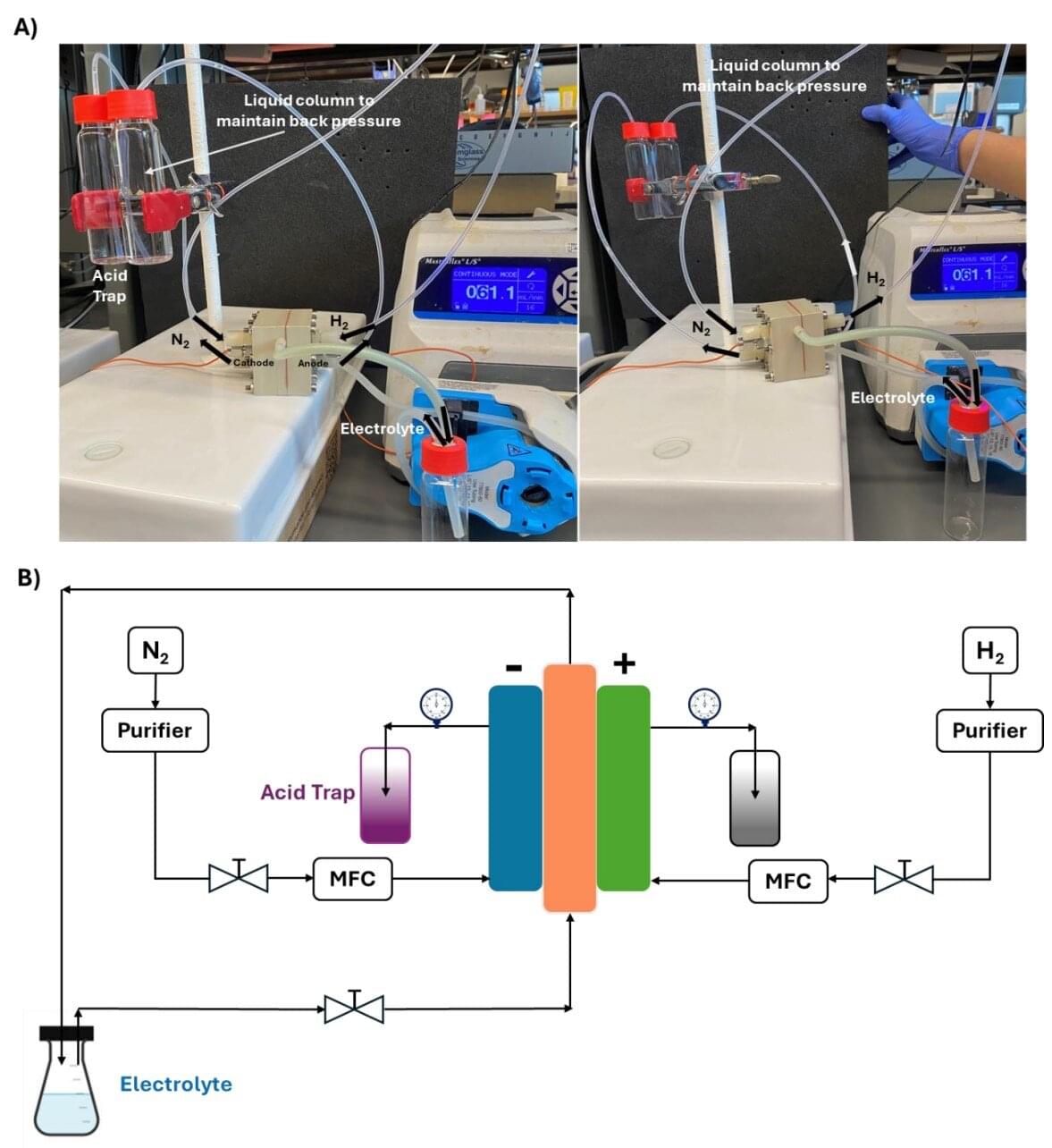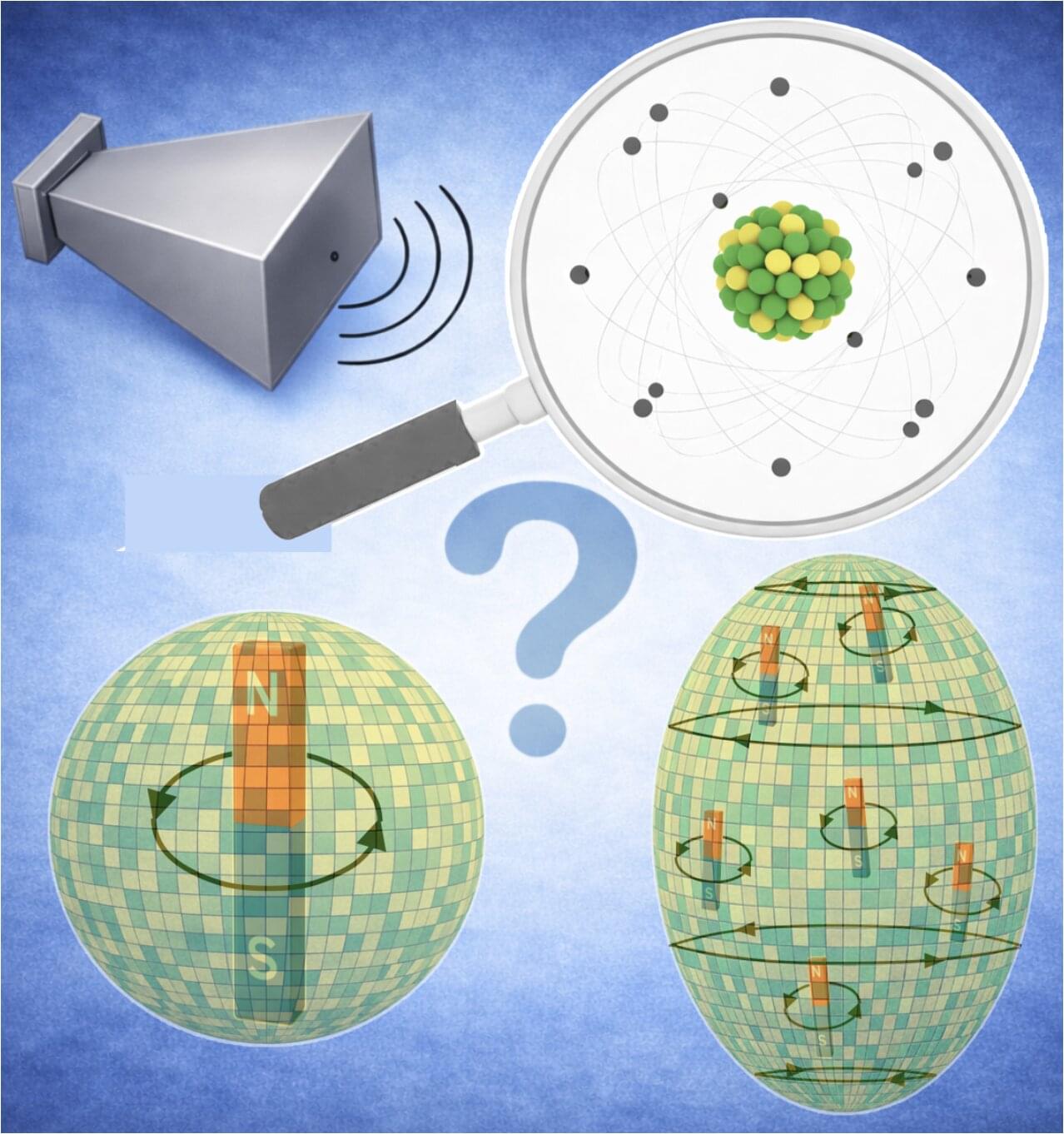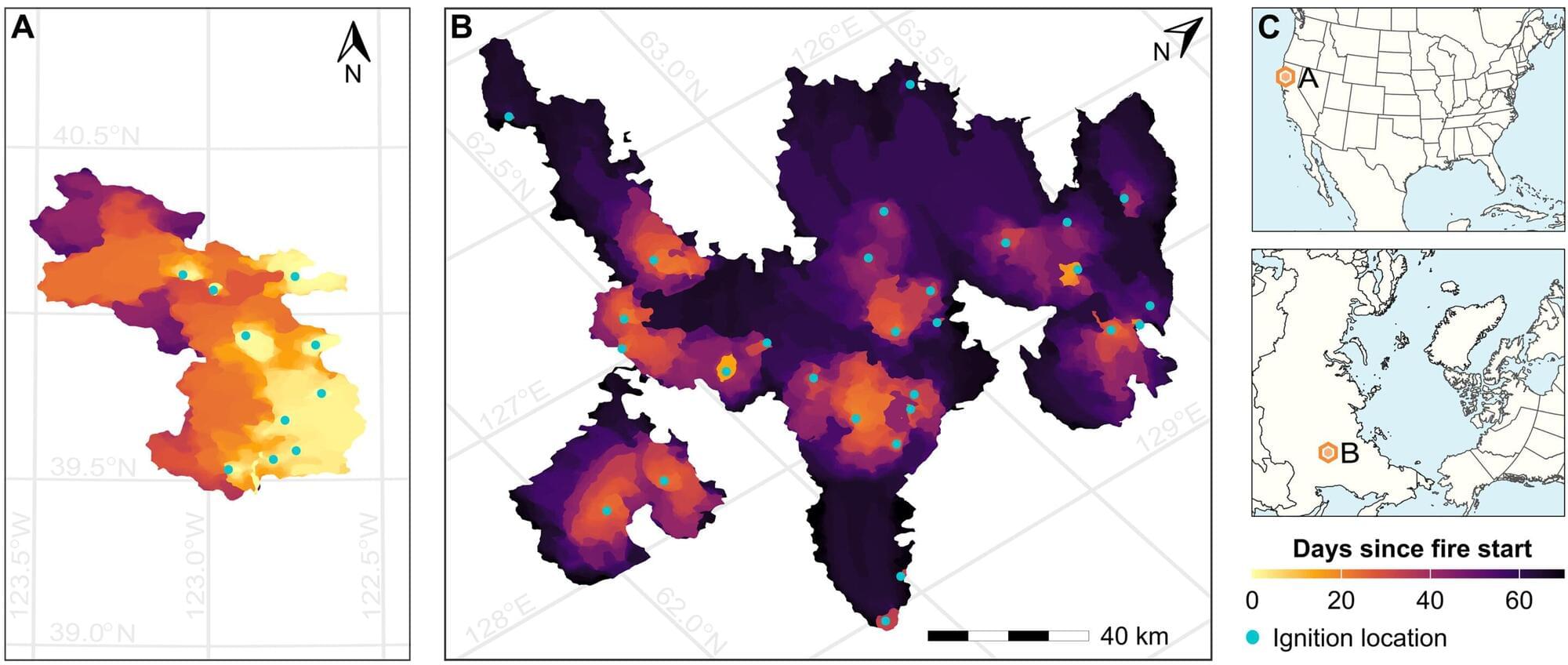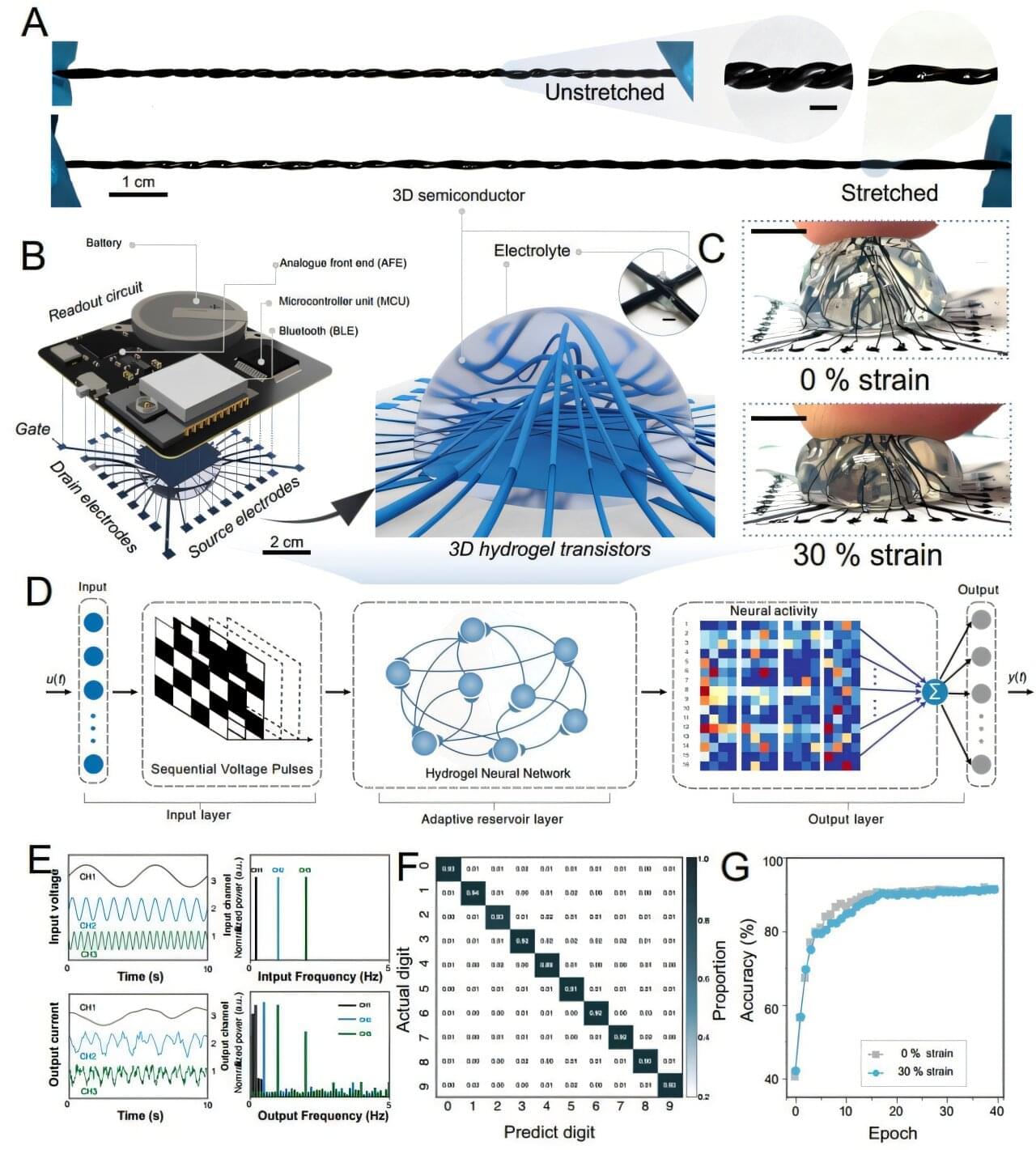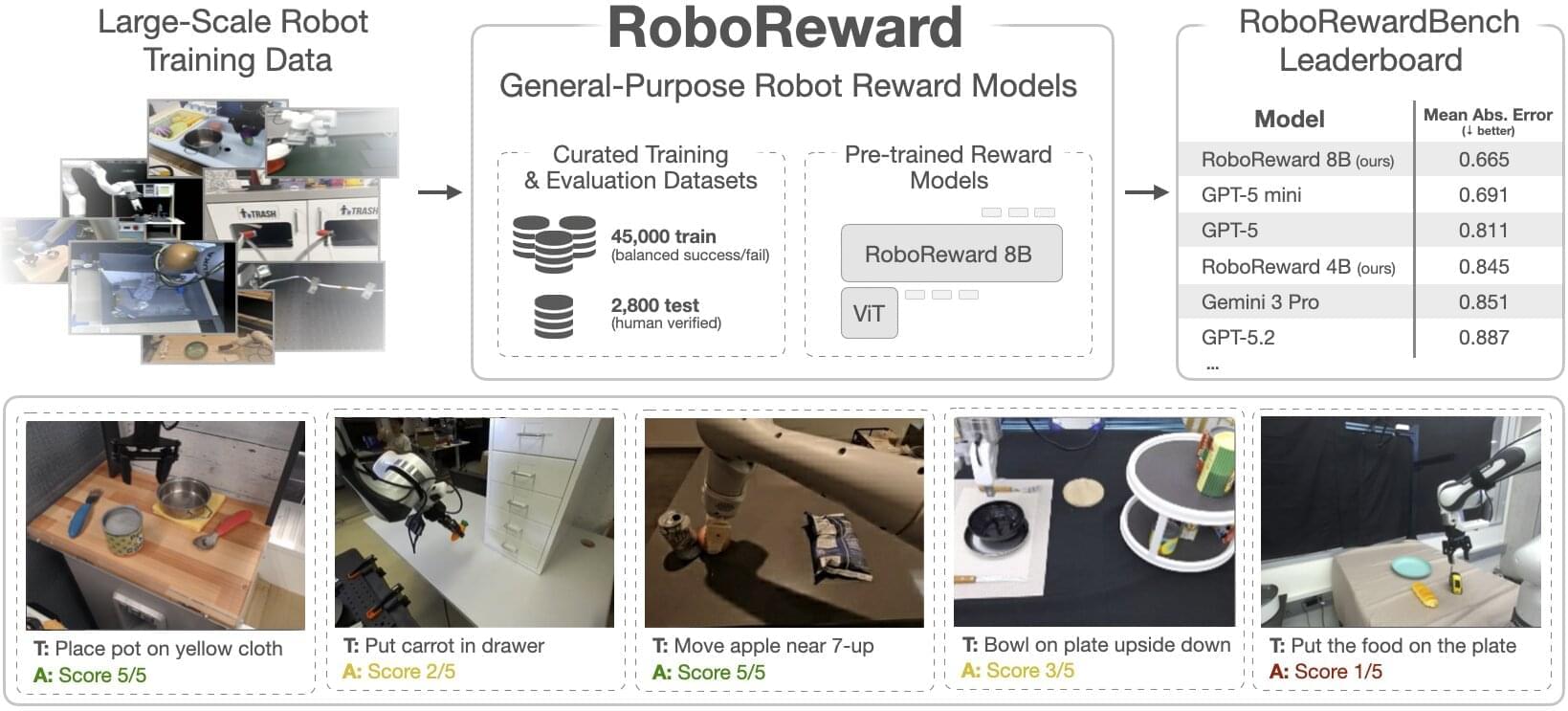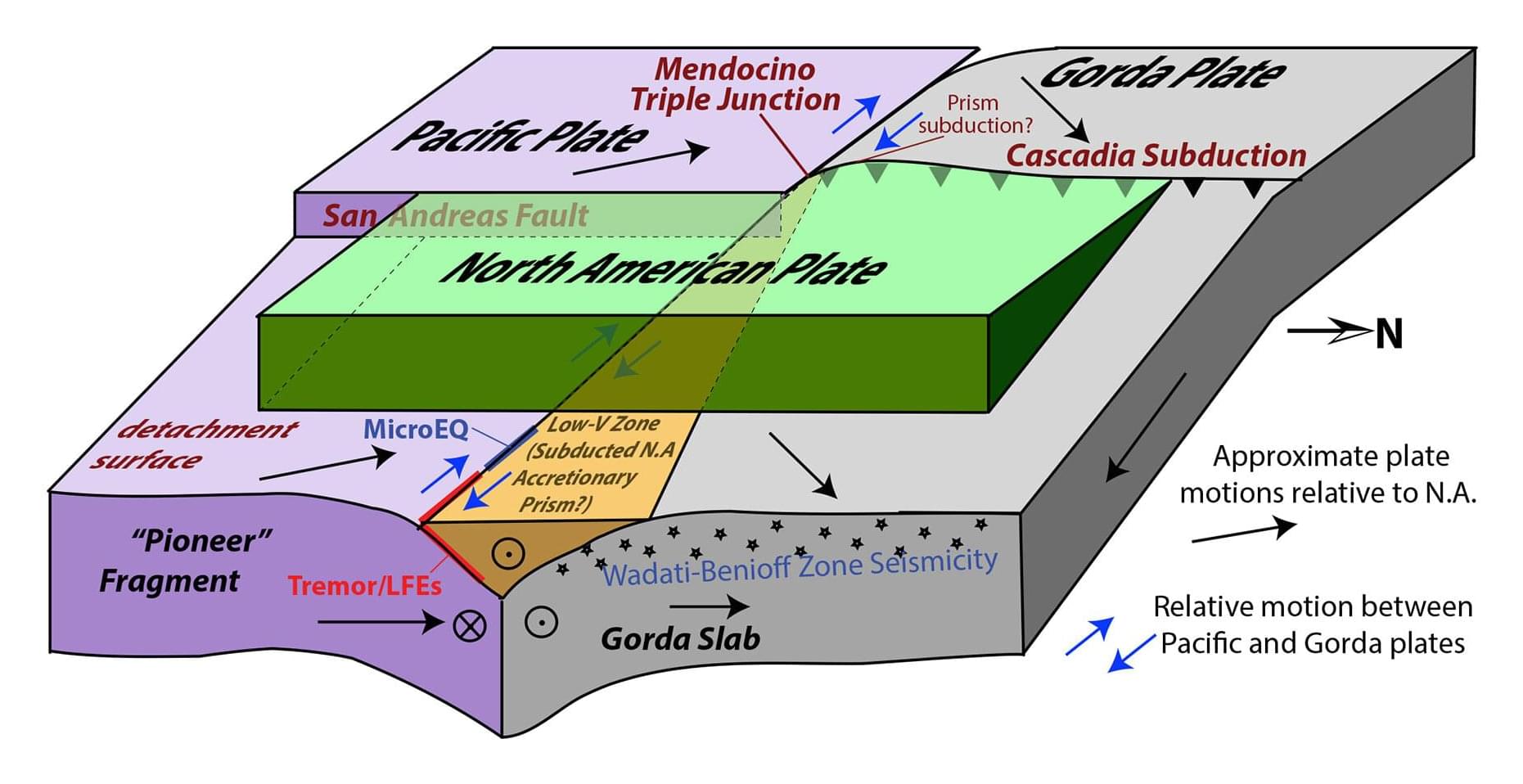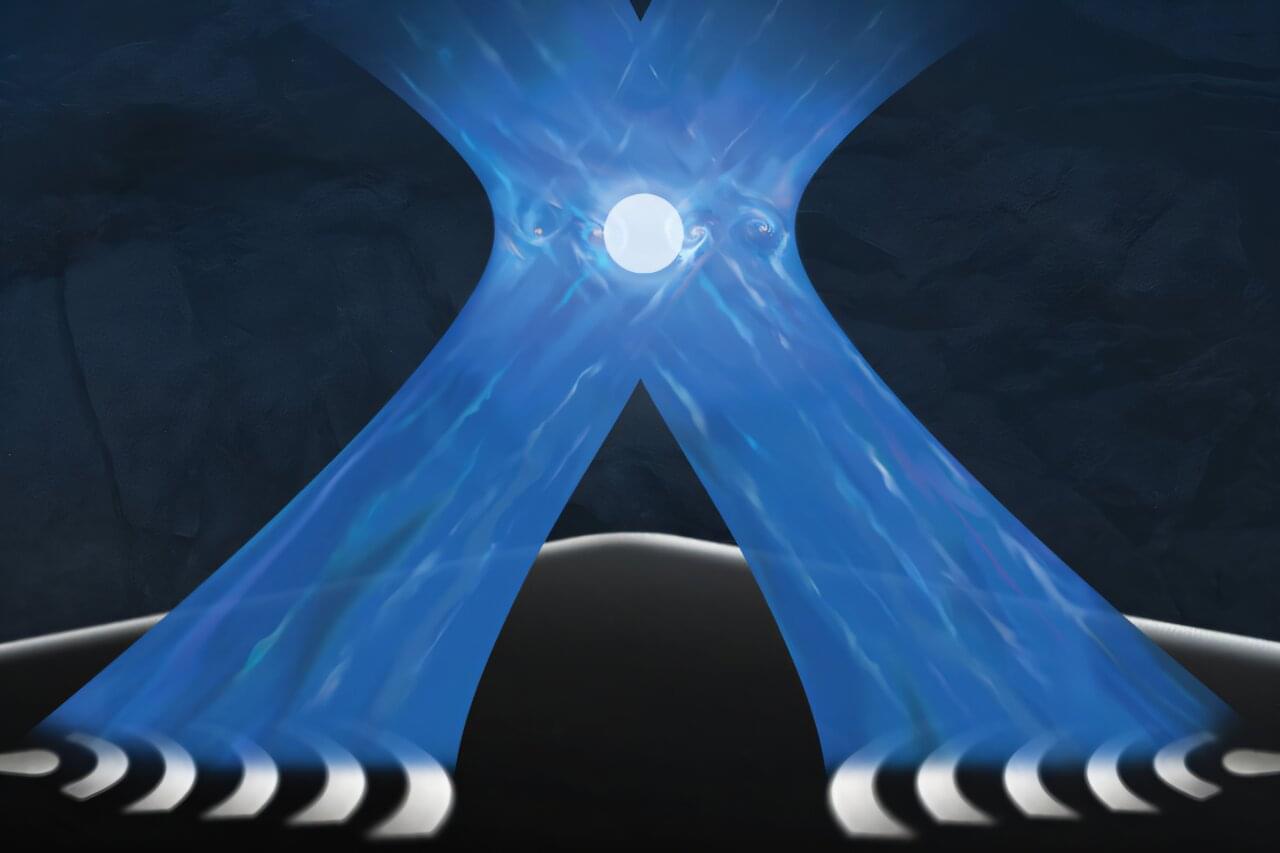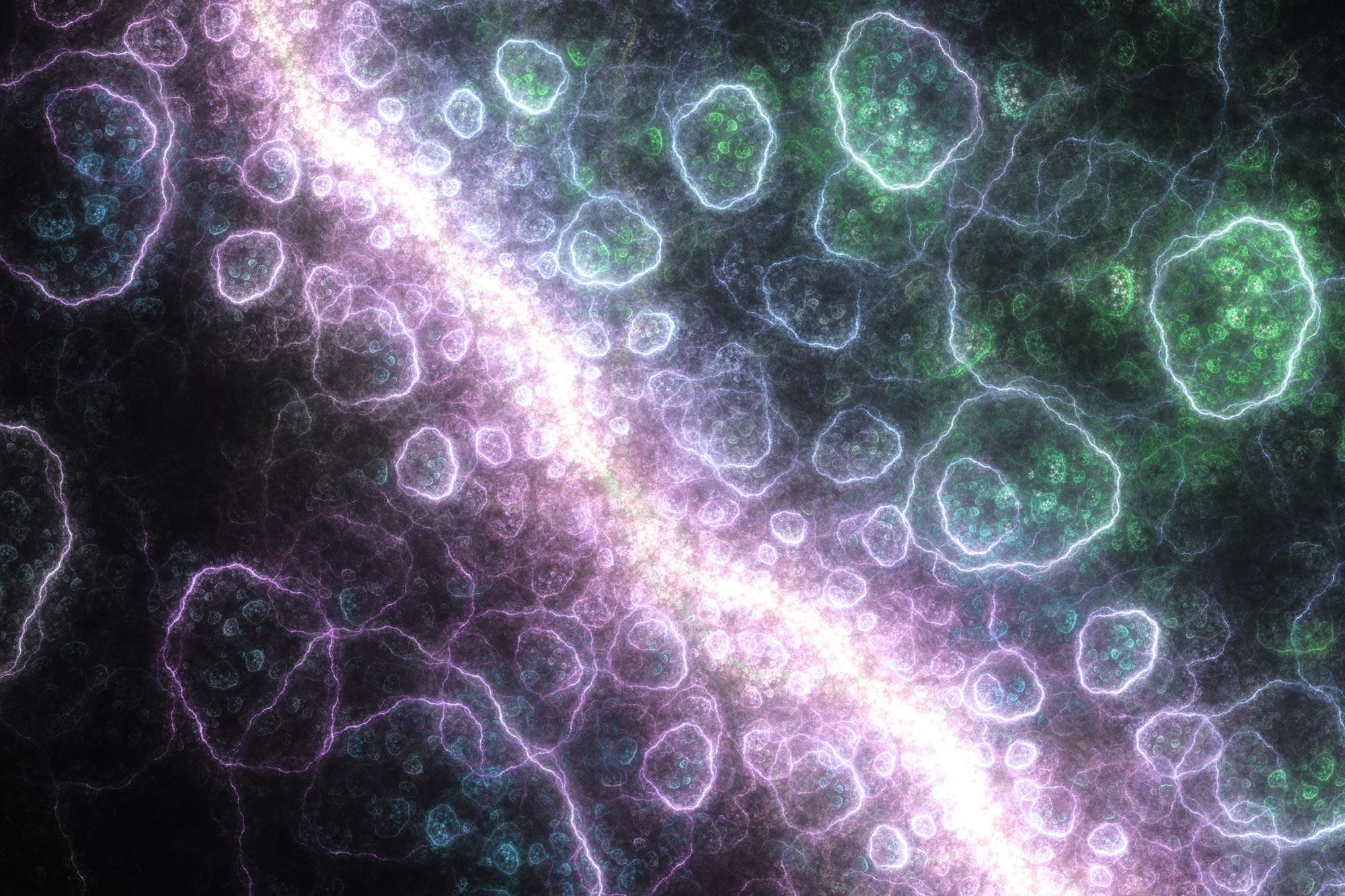Much like humans, microbial organisms can be fickle in their productivity. One moment they’re cranking out useful chemicals in vast fermentation tanks, metabolizing feed to make products from pharmaceuticals and supplements to biodegradable plastics or fuels, and the next, they inexplicably go on strike.
Engineers at Washington University in St. Louis have found the source of the fluctuating metabolic activity in microorganisms and developed tools to keep every microbial cell at peak productivity during biomanufacturing.
The work, published in Nature Communications, tracks hundreds of E. coli cells as they produce a yellow food pigment—betaxanthin—while growing, dividing and carrying out normal metabolic activities.


